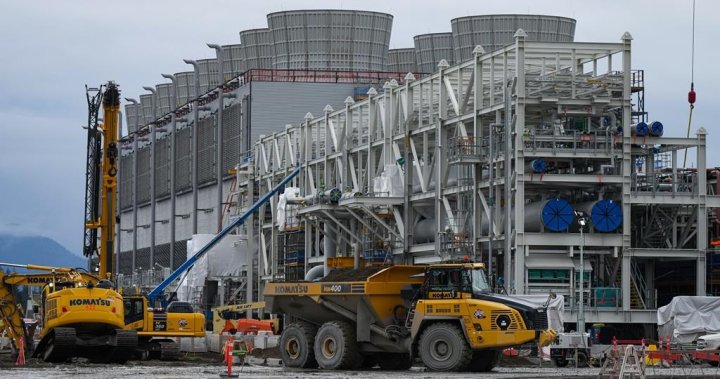
‘Cleaner’ fuel or climate villain? Natural gas taking heat at COP27 summit
Global News
Delegates at this year's climate summit are increasingly calling attention to the natural gas industry's role in the production of methane.
After long enjoying a reputation as a “bridge fuel” capable of helping the world achieve its climate goals, natural gas is losing some of its environmental lustre – and that has implications for Canada’s energy sector.
Canada is the fourth-largest global producer and sixth-largest exporter of natural gas. And with the war in Ukraine driving a global energy crisis, companies like Enbridge Inc. and TC Energy say they expect demand to grow for liquefied natural gas (LNG) exports from Canada in the coming years.
But natural gas – once seen as a low-emitting fuel able to act as a stopgap until more renewable sources of energy could be developed – has been taking heat at this year’s U.N. COP27 climate summit in Sharm el-Sheikh, Egypt.
“It’s the right time to clear the air on natural gas,” said Binnu Jeyakumar, clean electricity director for clean energy think-tank the Pembina Institute, in an interview from the COP27 climate summit, which she is attending this week.
“We as Canadians need to have a fuller view of the emissions profile of natural gas.”
Canadian energy companies have long touted natural gas as a “cleaner” alternative, suggesting that projects like the massive LNG Canada export terminal currently under construction near Kitimat, B.C. can be part of the climate change solution by helping to displace coal-fired power generation around the globe.
It’s true that, when burned, natural gas produces far fewer carbon dioxide emissions than oil or coal. That means that in some cases, it has made sense for jurisdictions to move from a “worse” fossil fuel to a better one.
For example, by converting its coal-fired power plants to natural gas, the province of Alberta has managed to reduce its greenhouse gas emissions from electricity by nearly 40 million tonnes in less than a decade, a feat that has been hailed by experts as a major climate success story.













